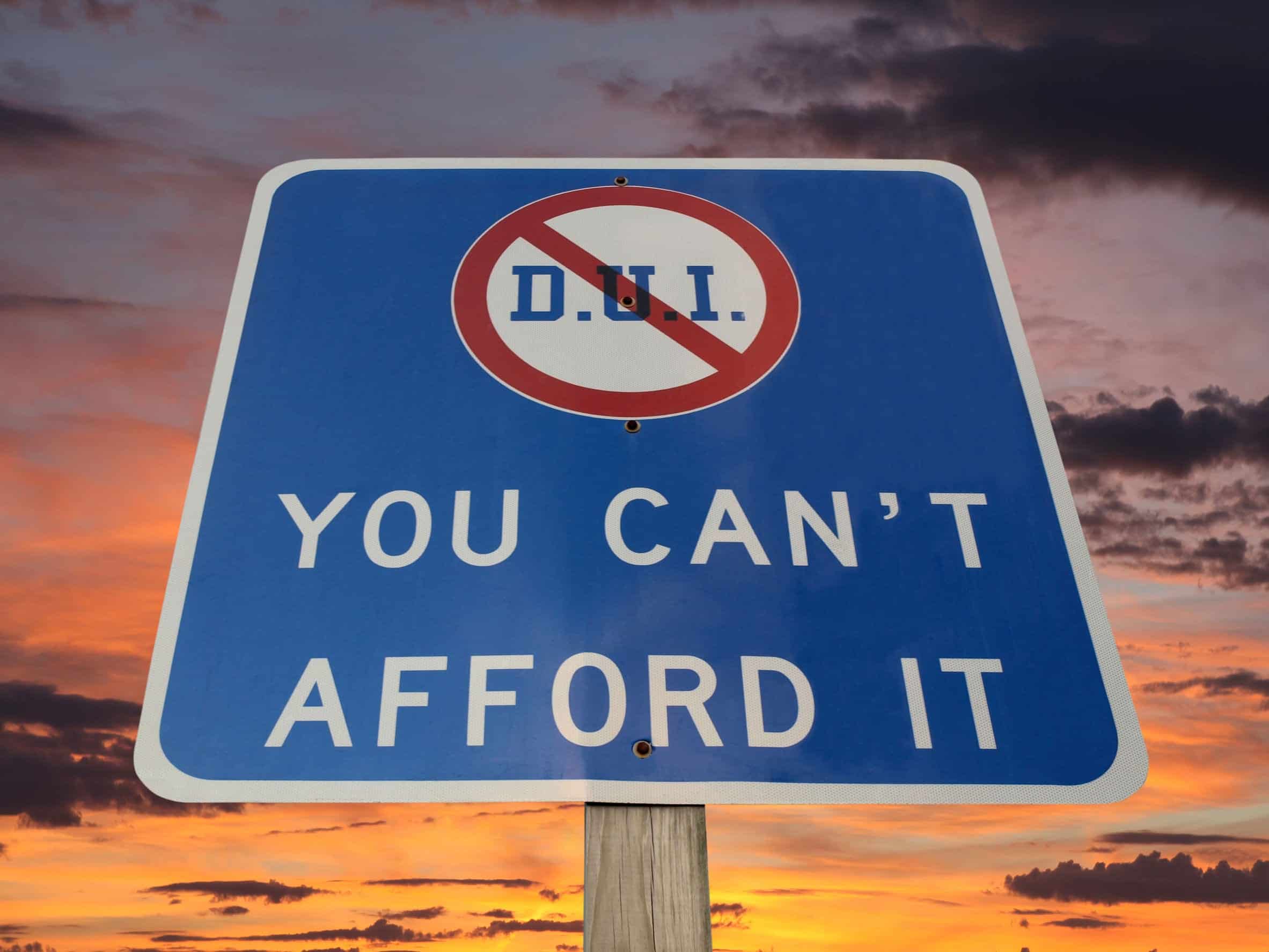- Home
- THE FIRM+
- Criminal Defense+
- CASE RESULTS
- AREAS WE SERVE+
- FAQ’s
- Blog
- Contact
AZHARI LLC BLOG

Posted By: Sami Azhari
Category:
Teens are notorious for making impulsive decisions that can have devastating consequences. This is particularly common for graduating seniors in the spring, when senioritis, proms, and graduation festivities often lead to more partying… and an increase in arrests.
Drinking and driving is very common amongst teens, particularly around this time, and Illinois has a zero-tolerance law for underage intoxication. This means that anyone under 21 will be charged with a DUI if any amount of alcohol is detected, even if the blood alcohol content is below the legal limit.
Below we’re going to go over the consequences of teenage drinking and driving, and know how to fight back against these often devastating charges if your son or daughter finds themselves on the wrong side of the law.
Legal Consequences of Underage Drinking and Driving in Illinois
To prevent underage drunk driving, the state of Illinois has strict penalties for a DUI, as follows.
First offense
- Loss of driving privileges for at least two years
- Potential imprisonment for up to one year
- Fine of up to $2,500
Second offense
- Loss of driving privileges for at least five years
- Mandatory five days in jail or 240 hours of community service
- Possible imprisonment of up to one year
- Fine of up to $2,500
Third offense
- Class 4 felony
- Loss of driving privileges for at least 10 years
- Possible imprisonment of 1-3 years
- Fine of up to $25,000
Civil Consequences of Illinois Underage Drinking and Driving
The most grievous consequences for a criminal conviction are often not those imposed directly by the criminal justice system, but rather the civil penalties. In our state, there are a number of civil penalties imposed on DUI offenders, as well as the general consequences of having a criminal record that can be detrimental to your child’s future.
College Admissions and Financial Aid
A DUI conviction can hold back your child’s college dreams. Many colleges require a criminal background check as a part of the admissions process, and your child may be ineligible to apply for financial aid depending on the timing and circumstances of the offense.
Ignition Interlock Device
Some DUI offenders are required to install an ignition interlock device, which requires the driver to pass a breathalyzer test to turn the car on, and to keep the car running while driving. These devices are expensive to install and maintain, and are highly embarrassing when other passengers are in the car.
Education Programs and Community Service
Any person under 21 convicted of a DUI may be ordered by a judge to participate in the Youthful Intoxicated Driver’s Visitation Program. Underage offenders will undergo a counseling session prior to visitation to determine if the program is appropriate. If it is approved, the offender could be sent on a supervised visit to a location where the consequences of alcoholism or DUI can be seen.
Additionally, DUI offenders are required to participate in alcohol education programs and community service as a term of probation. These programs are time-consuming, and the offender is responsible for all related costs and missed time at work or school.
How to Fight Back Against Illinois DUI Charges
Fortunately, conviction for DUI charges is not inevitable, contrary to what law enforcement would have you believe. For example, the testing used to establish blood alcohol content is prone to error, and police must follow proper procedures in making the stop. A good Chicago criminal attorney will be aware of these factors, and will find ways to poke holes in the prosecution’s case.
If your child is facing DUI charges, it is imperative to retain an experienced Illinois criminal defense attorney with a track record of success in these types of cases. Doing so will provide your child with the best chance at ensuring a one-time lapse in judgement does not get in the way of their future.
About the Author
Sami Azhari has been working as a lawyer since 2007, after receiving his Juris Doctor from the Michigan State University College of Law. He has handled numerous state and federal cases, and is known throughout the Chicago and Rolling Meadows area for providing his clients with high-quality, skilled representation. He has been recognized by SuperLawyers, the National Trial Lawyers Association, and other notable organizations, and has spoken at a number of legal conferences.


























































